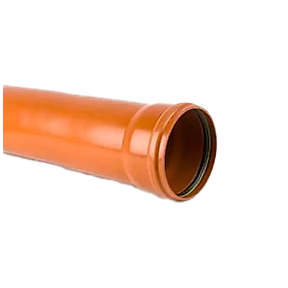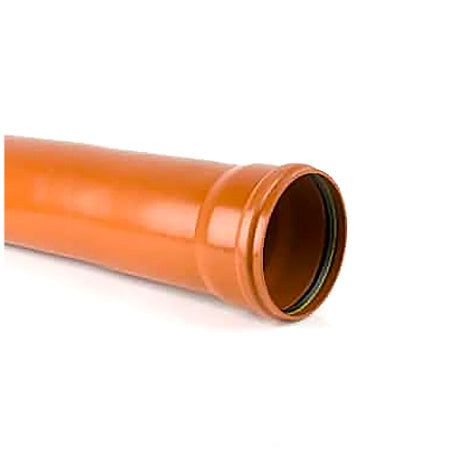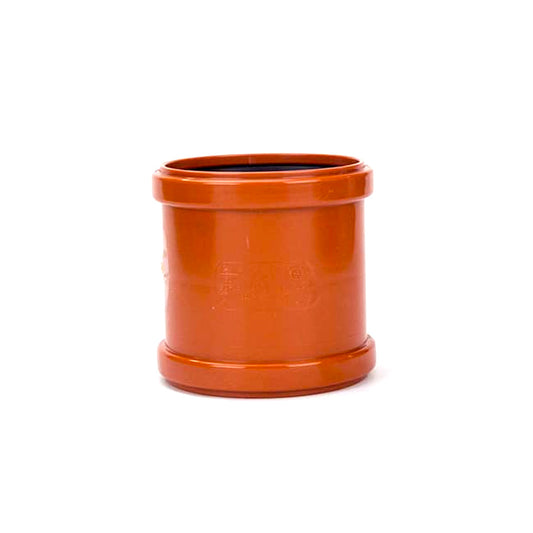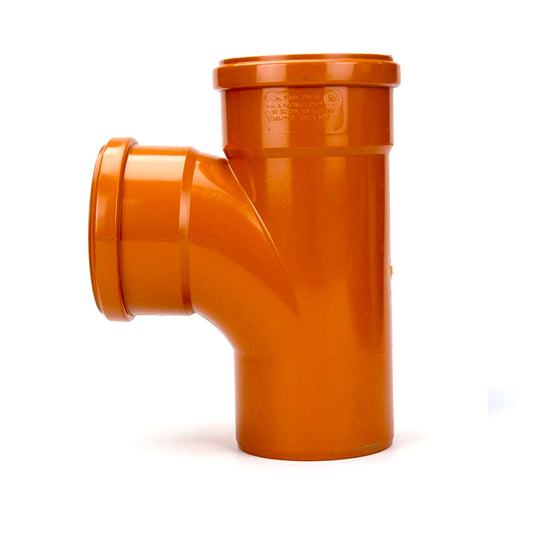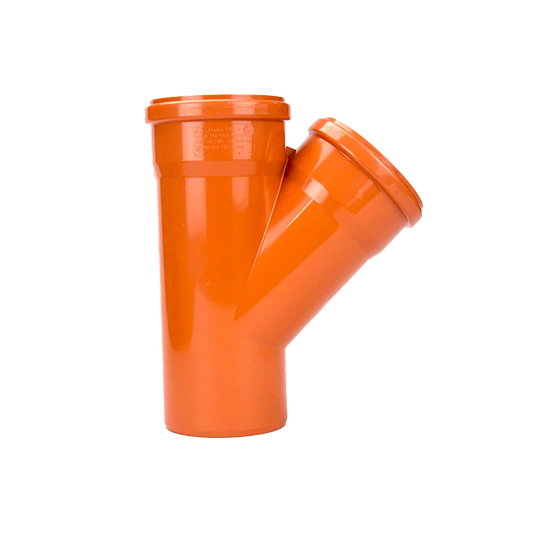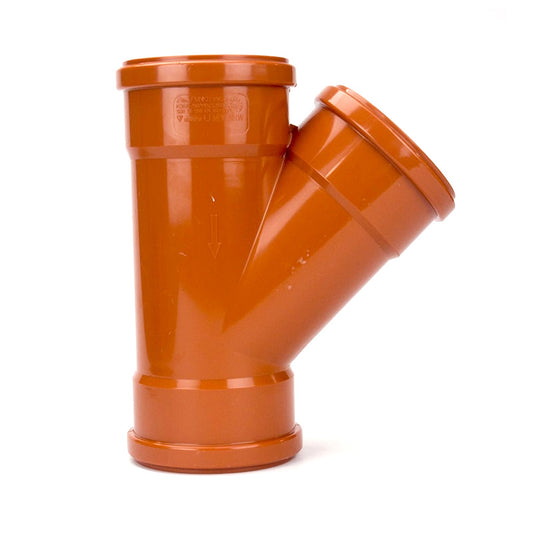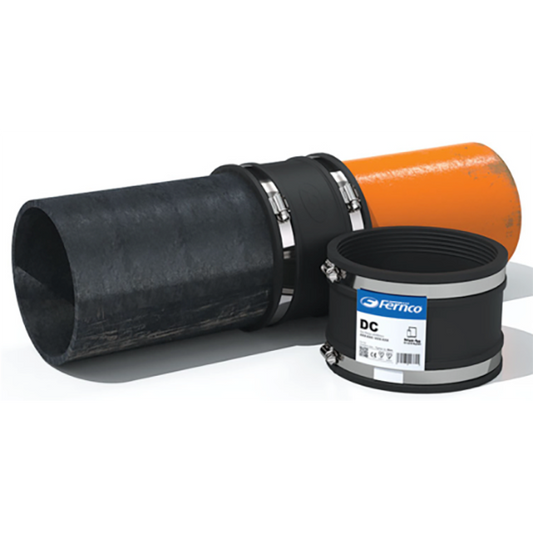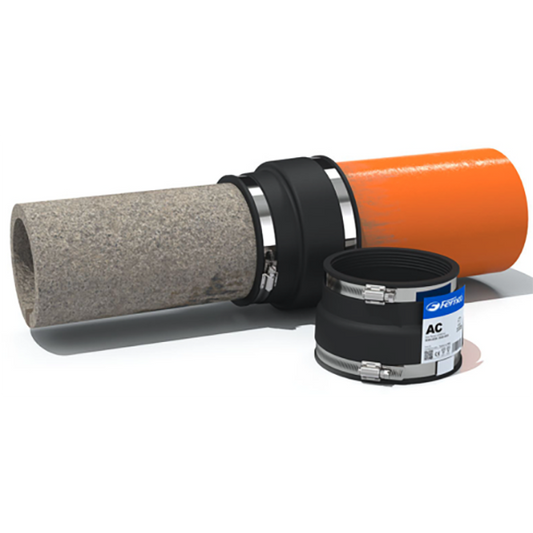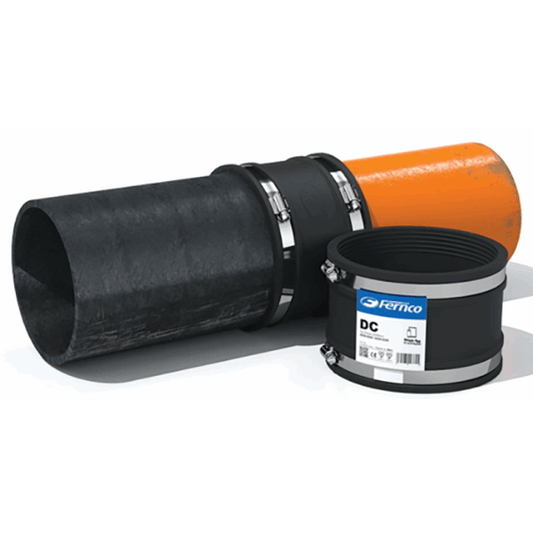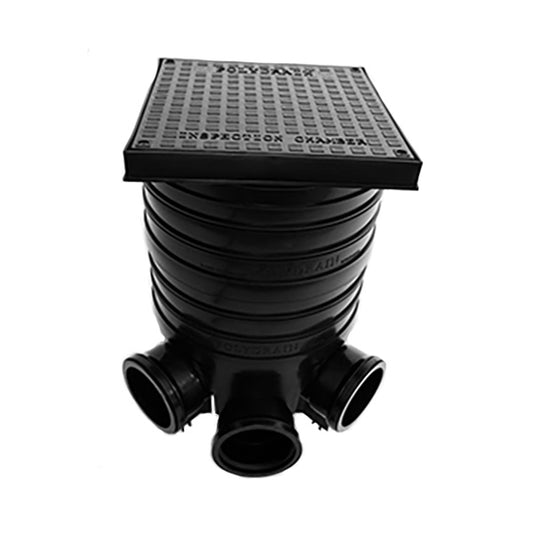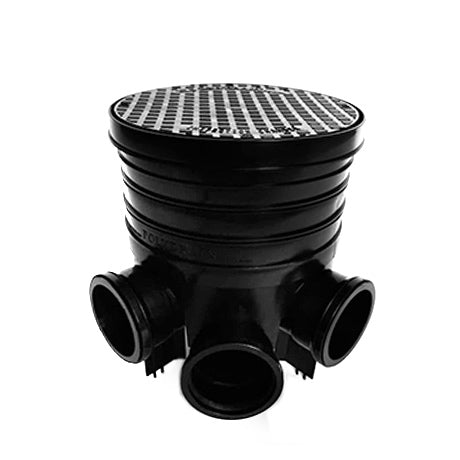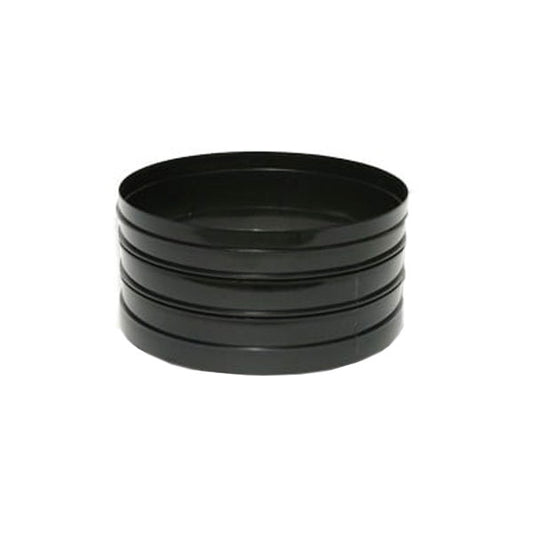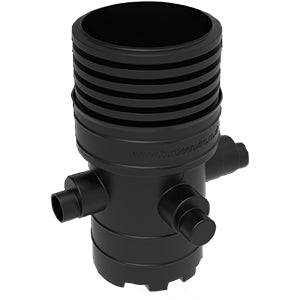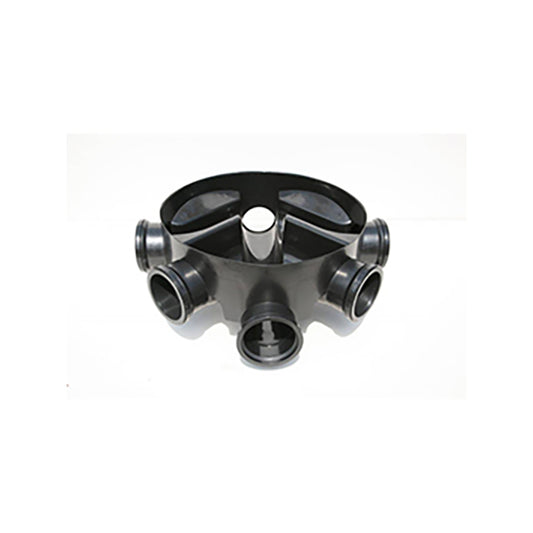PVC sewer pipe is now the most widely used drainage system for housing and light commercial applications and serves as an excellent alternative to clay. With the UK Government’s target for a million new homes, demand for PVC sewer pipes is set to rise. But which pipe is best – clay or PVC?
This is a question we’re frequently asked by our customers. Below, we’ve detailed the pros, cons, and considerations to help you decide.
Contents
Option 1: Clay Pipe
Why choose clay pipes? Many older properties still use clay or cast iron sewer pipes, and clay sewer pipe is still laid today. Here are some benefits:
- Inert and highly resistant to chemical degradation
- Long lifespan when undamaged
- Strong structural integrity to resist flattening under load
However, clay pipes are becoming outdated. Their disadvantages include:
- Higher cost than alternatives
- Expensive to replace if damaged
- Heavy and difficult to cut
- Prone to root intrusion due to porous surface
- Susceptible to cracking and clogging
That said, if an older clay sewer pipe is functioning without leaks, there’s no need to replace it.
Option 2: PVC Pipe
Many builders and developers now choose PVC sewer pipe for its superior properties. Key benefits include:
- Lightweight and easy to handle during installation
- Strong and resistant to cracking
- Flexible to minimise damage risk
- Long-lasting and low maintenance
Our Sales Director, Luke Beer, states: “ PVC sewer pipes feature smooth interiors for excellent waste flow and resist root anchorage, making them a great substitute for clay pipes — and they’re more cost-effective.”

Other points to consider…
Once you’ve chosen between PVC or clay sewer pipe, consider factors such as maintenance, accessibility, and long-term performance to ensure your system runs efficiently.
What size sewer pipes do I need?
At Cotterill Civils, we supply UPVC pipes in various diameters, including 110mm and 160mm, and in 3m and 6m lengths. The right size depends on your drainage system — as a rule of thumb, larger diameters are best for heavy-duty use.
Unsure which size you need? Call our team on 0121 351 3230 and we’ll help you choose the right option.
What fall should sewer pipes have?
Plumbing codes require both clay and PVC drain pipes to be laid at the correct gradient. The slope should be between ¼ inch per foot (minimum) and 3 inches per foot (maximum).
Insufficient fall causes clogs, while a slope that’s too steep can cause solids to slow down, creating blockages.
How to unblock a sewer pipe?
Blocked or damaged pipes are common across the UK. A blockage in a clay or PVC pipe can stop toilets from flushing and cause flooding.
Always contact an experienced plumber to diagnose and resolve the issue safely. To reduce the risk of blockages, consider installing inspection chambers for regular cleaning access.
How to insulate sewer pipes?
Insulating PVC water pipes is essential in colder regions to prevent freezing and reduce noise from water flow. It’s simple to do with basic tools and materials.
4 simple steps to insulate pipes:
- Measure the pipe length and cut insulation to size.
- Lay insulation along the top of the pipe.
- Wrap and tape the insulation securely.
- Cover with plastic sheeting to prevent moisture buildup.
How to repair sewer pipes
A broken UPVC pipe is easier to replace than clay, but both can cause major damage if left untreated. Early detection helps avoid severe issues — watch for mould, foundation cracks, or sinkholes.
If damage is severe, replacing your PVC sewer pipe may be the best option. We stock a full range at Cotterill Civils.
Where to go for advice?
Cotterill Civils is one of the UK’s leading suppliers of PVC Sewer Pipes. We offer expert advice and high-quality products, including couplers, bends, junctions, reducers, gullies, traps, and solid pipe options.
We also price-match to ensure you get the best deal possible.
Call us on 0121 351 3230 or visit our dedicated underground sewer pipe page to learn more.
Alternatively, fill out our enquiry form:






